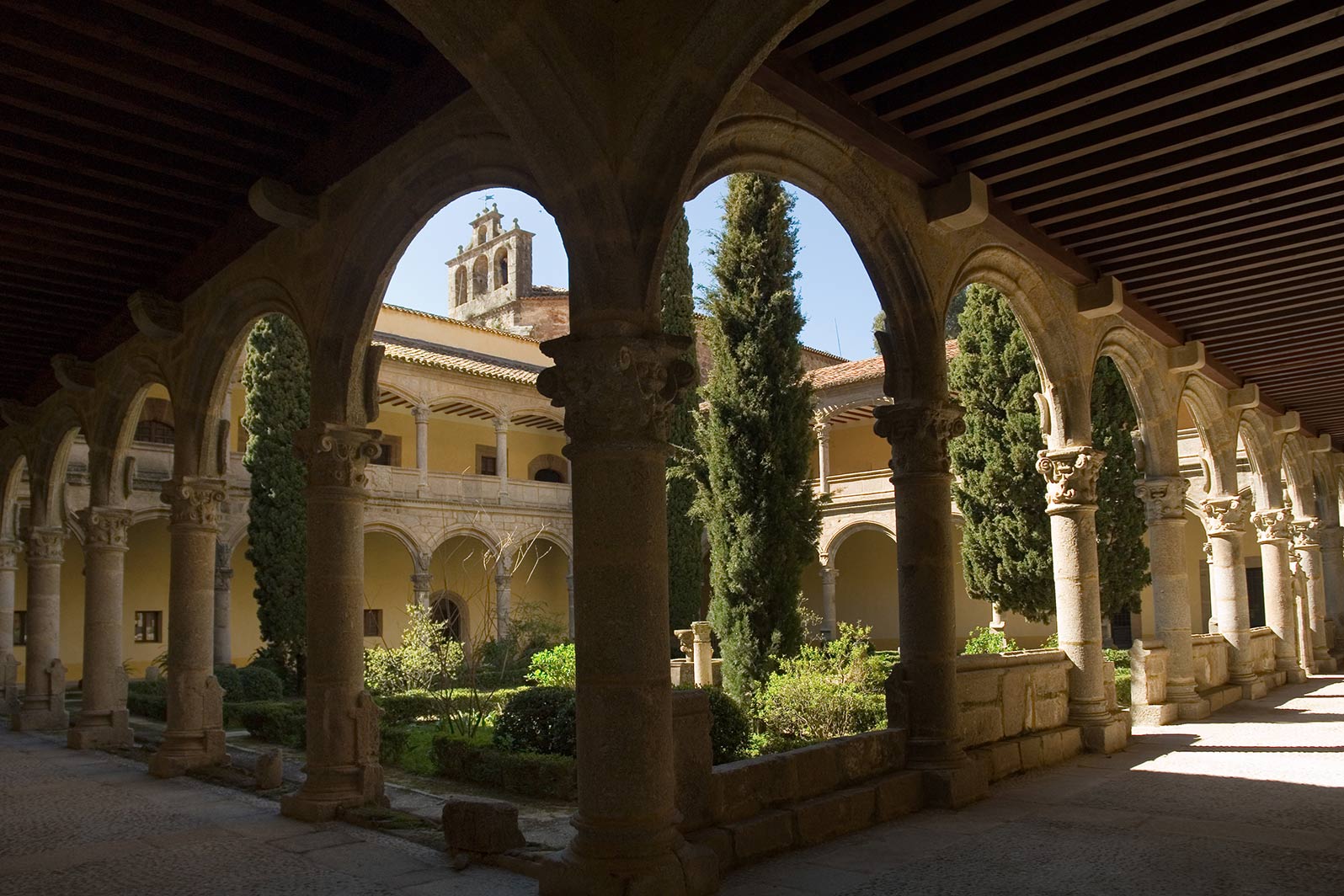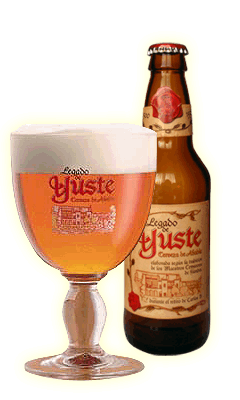 Spain is mostly known as a wine producing and consuming country going back 1000's of years, and one would wonder when and how did beer become so popular?
Spain is mostly known as a wine producing and consuming country going back 1000's of years, and one would wonder when and how did beer become so popular?
Nowadays it would be unheard of to find a bar, restaurant or café that could survive without beer on sale, even McDonalds and Burger King had to include beer on their menu to even get customers through their doors during their early years in Spain.
There are no real certainties as to who brought it to the peninsular for the first time. The formula may have been inherited from the Greeks or the Phoenicians who traded in the south of the country and some areas of the the Mediterrranean. There are other theories that say it came with Lybian soldiers. Be it as it may, we have references from Pliny the Elder, who did not like beer from 'Hispania', that the Iberians drank far too much of it.
Unlike wine, Spanish beer went rather unnoticed in Europe for hundreds of years until emperor Charles V came to Spain from Flandes, brining with him his court and their customs. Charles was born in Ghentt in 1500. In time he would become the most powerful man in the world, but as condition to access the Spanish crown, he had tot comply to learning Spanish and living in Castile. Flandes was not a wine producing country and therefore he had quite a taste for beer, which the king, unsurprisingly, imported to the Iberian peninsula. It was reported that he chilled his beer with snow against all the recommendartions of his doctors.
In 1558, the king abdicated and retired to a monastery in Yuste in Caceres. It was then that Charles hired a Belgian brewmaster and installed a small beer factory in the monastery of Yuste following Belgian tradition. This was probably the first beer factory in Spain. Today there is a beer called “Legado de Yuste” (now owned by Heineken) that claims to follow a similar style; artisan Belgian abbey beer.

However the king's taste for beer was not shared by the people but his son and successor Philip II commanded the reestablishment of beer production in the riviera of the Manzanares, at this point Madrid was the capital of Spain, since the courts had been recently been transfered from Valladolid to the current capital. The number of large factories of Spanish beer varied from then on, but despite the fact that beer had no real popularity to speak of, there was always some beer production in Spain.
 Still, the commoners and gentry alike did not really have a taste for beer. Perhaps it really didn't have much to do with Charles V at all, but rather the fact that wine in Spain was good quality and very cheap.
Still, the commoners and gentry alike did not really have a taste for beer. Perhaps it really didn't have much to do with Charles V at all, but rather the fact that wine in Spain was good quality and very cheap.
The real start of Spanish beer factories happened in Madrid, in 1611, most named after their owners, who were either Flemish, Alsacian or German, anything but Spanish. It didin't take long for some rules and regulations to be established with regards to beer manufacturing, among them the ingredients: wheat, barley and hop. If anything else was used those responsible were fined or punished.
Even so, no one in Spain really liked beer and most references that exist don't give it any praise. Only during the beginning of the 20th century did it gain enough popularity for large factories to open. Mahou (Madrid) opened in 1890, Águila in 1900, Cruz del Campo (today Cruzcampo) in 1904 and Damm in 1910.
However the dice did turn and during the 60's it became the prefered summer drink for two reasons: it's low alcoholic content and that it was very refreshing. Unlike previous centuries, beer came to be cheaper than wine, perhaps this fact contributed to its increasing popularity.
Nowadays, beer is one of the drinks of choice when you head to a Spanish bar and can often be cheaper than a Coca-Cola! It is not uncommon for people to order a 'caña' which is a small glass of beer. These small glasses of beer mean that you can finish the beer before goes warm, as would happen with a pint glass.
A 'caña' anyone?